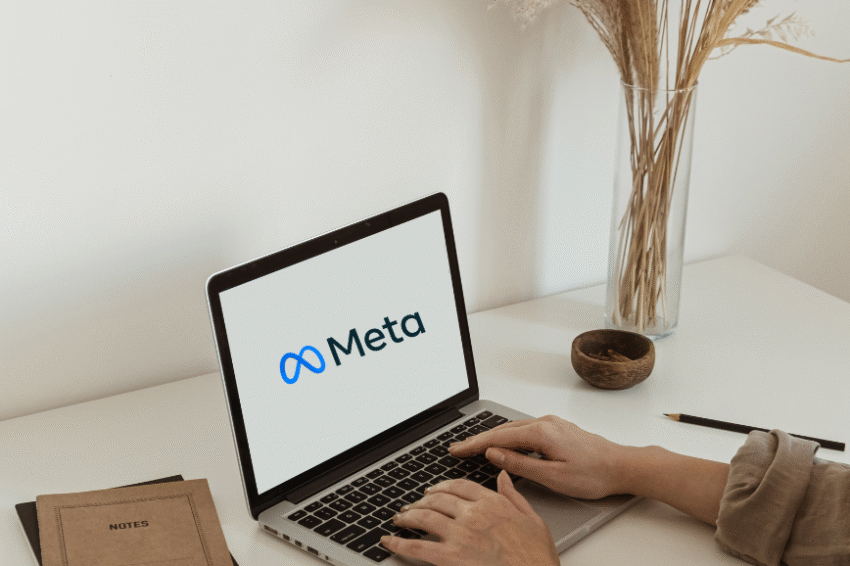In recent years, privacy regulations and consumer awareness have reshaped how digital advertising operates. Data privacy has become one of the most critical concerns for businesses, marketers, and consumers alike. As more platforms introduce stricter privacy controls, advertisers must rethink how they collect, analyze, and use customer data. Understanding these changes and adapting strategies accordingly is essential for maintaining performance and trust in today’s online advertising ecosystem.
Platforms like Meta Ads have evolved significantly to comply with privacy standards and offer transparent data usage options for advertisers and users. These updates affect how targeting, tracking, and measurement function, pushing marketers to find innovative ways to maintain campaign efficiency without compromising user privacy.
The Evolution of Privacy Regulations
Data protection laws such as the General Data Protection Regulation (GDPR) in Europe and the California Consumer Privacy Act (CCPA) in the United States have changed the digital marketing landscape. These regulations give users more control over their personal data and require companies to obtain explicit consent before collecting or processing information.
Additionally, updates from major tech companies like Apple’s App Tracking Transparency (ATT) and Google’s plan to phase out third-party cookies further restrict how advertisers can track users across platforms. While these changes aim to protect users, they also challenge marketers who rely on detailed data for audience targeting and campaign optimization.
How Privacy Changes Affect Online Advertising
1. Reduced Data Tracking Capabilities
Advertisers previously depended on third-party cookies and mobile identifiers to track user behavior and serve personalized ads. With privacy updates limiting access to such data, marketers now face reduced visibility into user journeys, making it harder to attribute conversions accurately.
2. Limited Audience Targeting
Precise targeting has always been a key advantage of digital advertising. However, privacy restrictions have made it more difficult to build detailed audience profiles. Without cross-site tracking, advertisers must rely on first-party data collected directly from users who engage with their websites or apps.
3. Challenges in Measurement and Attribution
Attribution models that depend on third-party tracking pixels are now less reliable. Marketers must adapt to new methods such as aggregated event measurement, which provides anonymized insights while respecting privacy. Although this approach helps maintain compliance, it reduces the granularity of performance data.
4. Rising Importance of Consent-Based Marketing
With users more aware of how their data is used, obtaining consent has become a cornerstone of modern advertising. Transparent communication about data practices builds trust and encourages users to share information voluntarily, creating a more ethical and sustainable advertising environment.
Strategies to Adapt to Privacy Updates
1. Invest in First-Party Data
First-party data, collected directly from interactions with your brand—such as website visits, subscriptions, or purchases—has become invaluable. It offers reliable insights while remaining compliant with privacy laws. Businesses should strengthen their CRM systems and use email marketing or loyalty programs to gather this data ethically.
2. Leverage Contextual Advertising
Instead of targeting users based on behavior, contextual advertising matches ads with relevant content. For example, a fitness brand could place ads on health and wellness blogs. This approach doesn’t rely on personal data, yet it can still drive meaningful engagement.
3. Utilize Privacy-Friendly Measurement Tools
Modern ad platforms now offer tools that balance measurement accuracy with privacy. Aggregated reporting and modeled conversions help advertisers understand campaign performance without exposing user-level data. Marketers should become proficient in these tools to maintain campaign effectiveness.
4. Embrace AI and Machine Learning
AI-powered algorithms can analyze limited data and predict user preferences more accurately. By learning from real-time trends and aggregated insights, AI enables advertisers to optimize campaigns even with restricted data access.
5. Strengthen Transparency and User Trust
Clearly explaining how user data is collected and used fosters trust. Brands that communicate openly about privacy policies and give users control over their data often enjoy stronger loyalty and engagement.
The Role of Platforms in Navigating Privacy
Leading advertising platforms, including Meta Ads, Google Ads, and others, continue to develop privacy-compliant solutions to support marketers. These platforms emphasize aggregated data processing, secure data storage, and privacy-preserving targeting methods.
Meta, for instance, has introduced tools like Conversions API (CAPI) to help advertisers share key events directly from servers while maintaining compliance with privacy regulations. This approach improves measurement accuracy and allows businesses to continue optimizing campaigns responsibly.
The Future of Privacy-Driven Advertising
The advertising industry is moving toward a privacy-first future. Marketers who adapt early will gain a competitive advantage by aligning their strategies with evolving expectations and regulations. Future advertising will rely on a combination of transparent consent management, AI-driven targeting, and stronger relationships between brands and consumers.
Instead of viewing privacy updates as limitations, marketers should see them as opportunities to innovate. Ethical data collection, respect for user preferences, and creative storytelling can still drive strong results while maintaining compliance.
Conclusion
Privacy updates have undeniably reshaped online advertising, forcing brands to balance personalization with protection. Although data tracking and targeting have become more complex, these changes encourage a healthier, more transparent digital ecosystem.
By embracing first-party data, leveraging contextual targeting, and using privacy-friendly technologies, advertisers can continue achieving strong results while respecting user privacy. Platforms like Meta Ads are leading this transformation, helping marketers redefine success in an era where trust, ethics, and transparency are at the heart of digital engagement.

